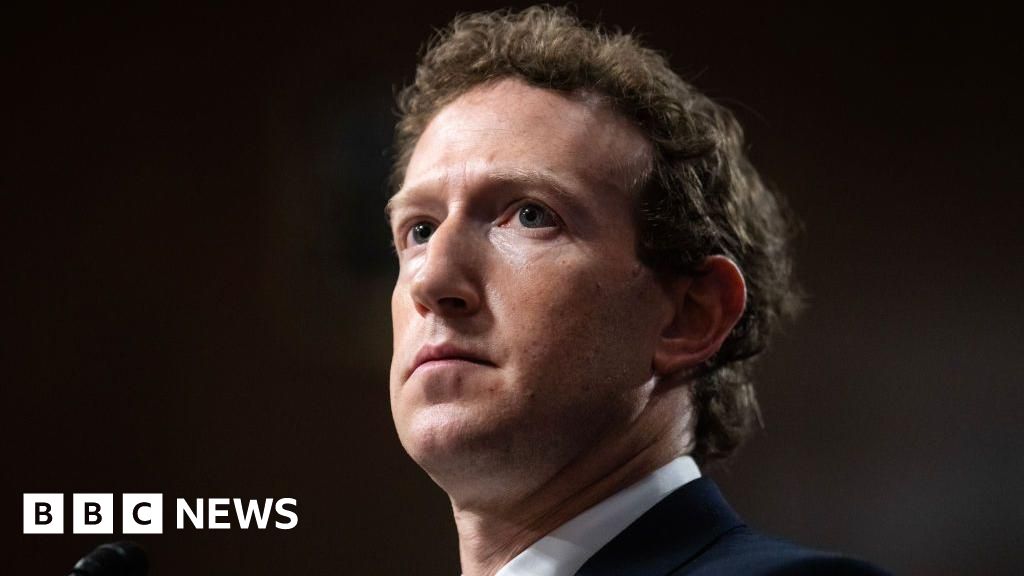The Age of Anti-Social Media Is Here
-
Since its founding, Facebook has described itself as a kind of public service that fosters relationships. In 2005, not long after the site’s launch, its co-founder Mark Zuckerberg described the network as an “icebreaker” that would help you make friends. Facebook has since become Meta, with more grandiose ambitions, but its current mission statement is broadly similar: “Build the future of human connection and the technology that makes it possible.”
More than 3 billion people use Meta products such as Facebook and Instagram every day, and more still use rival platforms that likewise promise connection and community. But a new era of deeper, better human fellowship has yet to arrive. Just ask Zuckerberg himself. “There’s a stat that I always think is crazy,” he said in April, during an interview with the podcaster Dwarkesh Patel. “The average American, I think, has fewer than three friends. And the average person has demand for meaningfully more; I think it’s like 15 friends or something, right?”
Zuckerberg was wrong about the details—the majority of American adults say they have at least three close friends, according to recent surveys—but he was getting at something real. There’s no question that we are becoming less and less social. People have sunk into their phones, enticed into endless, mindless “engagement” on social media. Over the past 15 years, face-to-face socialization has declined precipitously. The 921 friends I’ve accumulated on Facebook, I’ve always known, are not really friends at all; now the man who put this little scorecard in my life was essentially agreeing.
Zuckerberg, however, was not admitting a failure. He was pointing toward a new opportunity. In Marc Andreessen’s influential 2023 treatise, “The Techno-Optimist Manifesto,” the venture capitalist wrote, “We believe that there is no material problem—whether created by nature or by technology—that cannot be solved with more technology.” In this same spirit, Zuckerberg began to suggest the idea that AI chatbots could fill in some of the socialization that people are missing.



